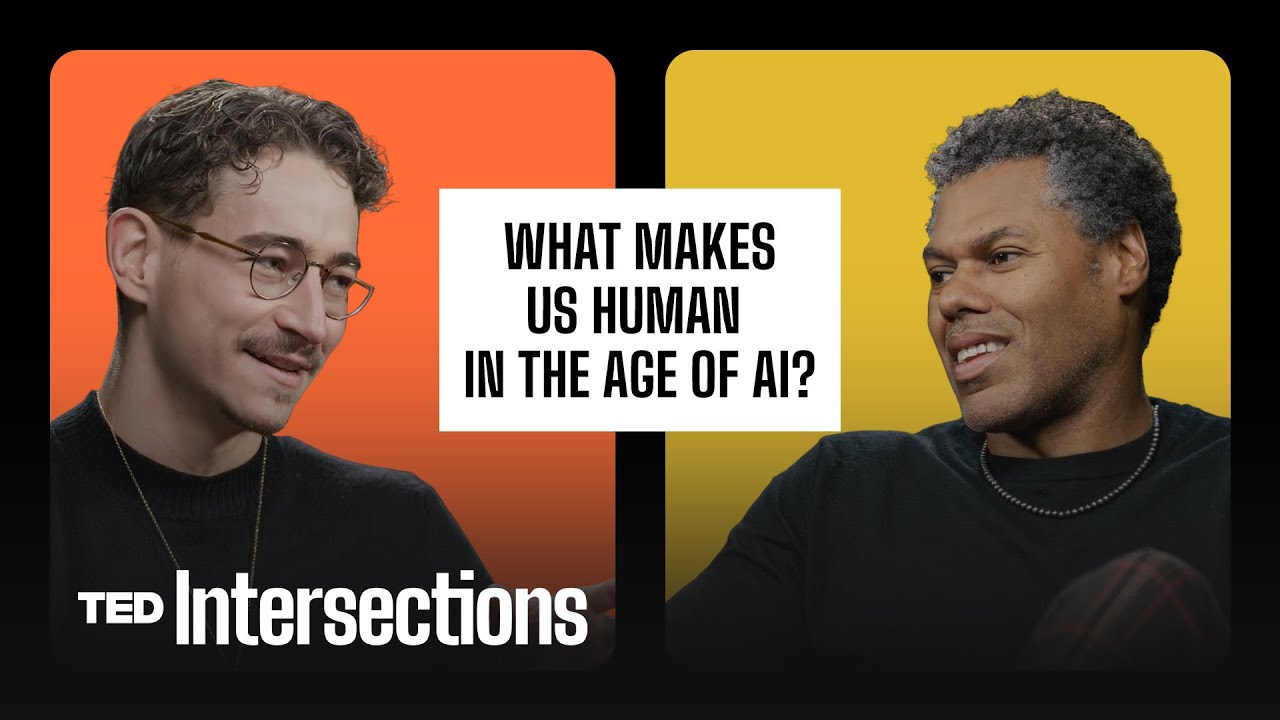In the TED Intersections discussion, a psychologist and a technologist examine how AI and technology impact human identity and social interactions, highlighting concerns about increased individualization and the potential for isolation. They emphasize that while AI can simulate communication, it lacks the emotional depth and spontaneity of genuine human connections, underscoring the essential need for authentic relationships in a digital age.
In the TED Intersections discussion titled “What Makes Us Human in the Age of AI?”, a psychologist and a technologist explore the implications of artificial intelligence and technology on human identity and social interaction. They express concerns about the increasing individualization of social experiences due to advancements in AI and virtual reality, which may lead to people inhabiting their own singular worlds rather than sharing common experiences. This divergence could create a more isolated society, where genuine human connections are diminished.
The conversation delves into what fundamentally differentiates humans from AI. The psychologist emphasizes the importance of shared experiences and emotional connections, suggesting that empathy and the ability to resonate with others’ feelings are core aspects of humanity. They argue that while AI can simulate conversation, it lacks the spontaneity and contextual awareness that characterize human interactions, leading to a sense of inauthenticity in AI communications.
The technologist adds that as people interact more with AI, they may begin to recognize its limitations and the nuances that make human interactions unique. They express concern that the predictability of AI could lead individuals to prefer controlled interactions over the complexities of human relationships. This could result in a societal shift where people become accustomed to AI’s tailored responses, potentially diminishing their ability to engage with the unpredictability of real human connections.
The discussion also touches on the potential for AI to create immersive social experiences, particularly in gaming, where interactions can be designed to reflect complex social dynamics. However, both speakers acknowledge that the current focus on one-on-one AI interactions may overlook the richness of community and group dynamics that are essential to human experience. They highlight the need for technology to facilitate genuine connections rather than replace them.
Ultimately, the conversation concludes with a reflection on the enduring human need for connection. The psychologist asserts that without meaningful social interactions, individuals risk losing their humanity, as evidenced by the detrimental effects of social isolation. While technology can provide a sense of connection, it cannot replace the fundamental human need for authentic relationships, and the speakers emphasize the importance of fostering these connections in an increasingly digital world.
